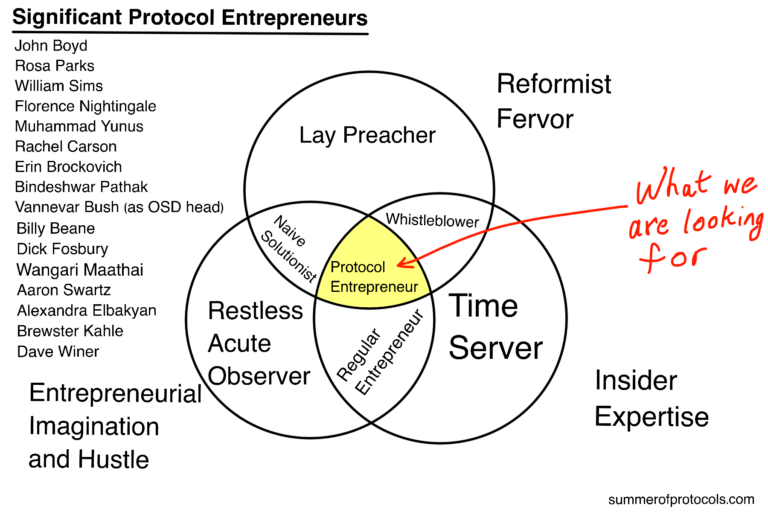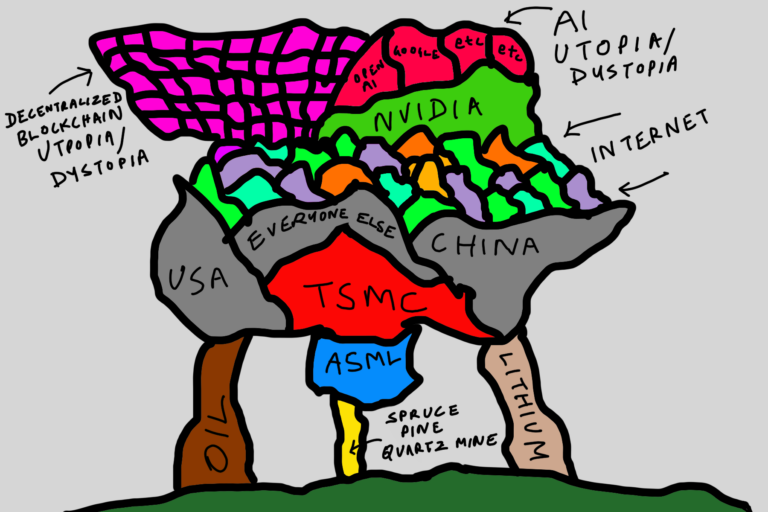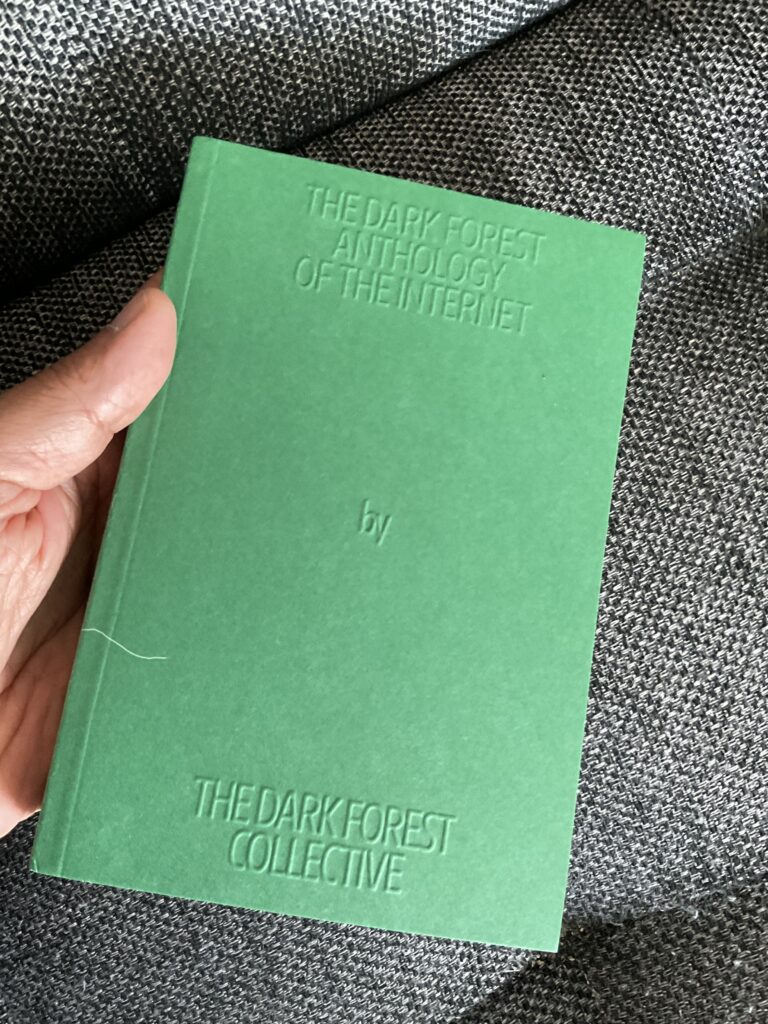Doris Lessing on How to Read a Book and How to Read the World

Born in Iran and raised in Zimbabwe, Doris Lessing (October 22, 1919–November 17, 2013) was fourteen when she dropped out of school and eighty-eight when she won the Nobel Prize for smelting language into keys to “the prisons we choose to live inside.”
Having lived in writing for nearly a century, through the rise and fall of dictatorships, the ferment and fizzle of movements, the flickering of moral fashions, she understood uniquely both the power of the written word and its limitations, the way books should be read “for illumination, to enlarge one’s perception of life” and not for indoctrination, to narrow one’s scope of curiosity and replace life with the idea of life or, worse, an ideology of living.

In the preface to her 1962 classic The Golden Notebook (public library), she relays her advice to young people about how to read for maximum illumination:
There is only one way to read, which is to browse in libraries and bookshops, picking up books that attract you, reading only those, dropping them when they bore you, skipping the parts that drag — and never, never reading anything because you feel you ought, or because it is part of a trend or a movement. Remember that the book which bores you when you are twenty or thirty will open doors for you when you are forty or fifty — and vice versa. Don’t read a book out of its right time for you.

A century after Walt Whitman instructed in his advice on living a vibrant and rewarding life to “re-examine all you have been told at school or church or in any book [and] dismiss whatever insults your own soul,” she cautions against reading books as a substitute for reading the world, an admonition that applies even more sharply to the most prevalent use of the written word today — the algorithms force-feeding us easy partialities and calling them reality:
In this age of compulsive reverence for the written word… people… are missing what is before their eyes… Everywhere, if you keep your mind open, you will find the truth in words not written down. So never let the printed page be your master.
In what may be the most succinct advice on how to read that doubles as a superb summation of how to live, how to orient to self and other, she adds:
Read your way from one sympathy to another… Follow your own intuitive feeling about what you need.
Complement with Virginia Woolf on how to read a book, Vladimir Nabokov on what makes a good reader, and Hermann Hesse on the three types of readers, then revisit Lessing on redeeming humanity and the artist’s task in times of trouble.
donating = loving
For seventeen years, I have been spending hundreds of hours and thousands of dollars each month composing The Marginalian (which bore the outgrown name Brain Pickings for its first fifteen years). It has remained free and ad-free and alive thanks to patronage from readers. I have no staff, no interns, no assistant — a thoroughly one-woman labor of love that is also my life and my livelihood. If this labor makes your own life more livable in any way, please consider lending a helping hand with a donation. Your support makes all the difference.
newsletter
The Marginalian has a free weekly newsletter. It comes out on Sundays and offers the week’s most inspiring reading. Here’s what to expect. Like? Sign up.
What's Your Reaction?
 Like
0
Like
0
 Dislike
0
Dislike
0
 Love
0
Love
0
 Funny
0
Funny
0
 Angry
0
Angry
0
 Sad
0
Sad
0
 Wow
0
Wow
0











